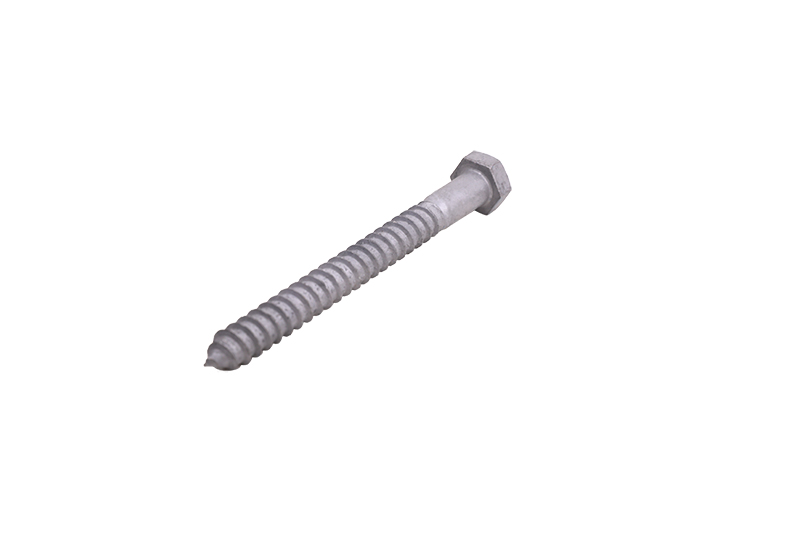A 2H hex heavy nut is one of the most versatile types […]
A 2H hex heavy nut is one of the most versatile types of nuts available. Its six-sided design makes it suitable for many industrial applications. In addition to its versatility, hex nuts are also heat-treated and tempered for additional strength and endurance. This type of nut is also known as a double chamfered hex nut. Some types even contain a light coating of oil.
A 2H hex heavy nut can be made of various materials. A standard material specification is ASTM A194, which specifies carbon and alloy steel materials. Depending on the application, you can select an appropriate hex heavy nut from a wide range of sizes and materials. In addition to their high strength, 2H hex nuts will also feature a minimum Brinell hardness rating of 248.
When choosing a heavy hex nut, check the material and thread size. Heavy hex nuts are often thicker and have larger bearing surfaces compared to regular hex nuts. In addition to their thickness, they are also available in hot dip galvanized finishes, which add 2.2-5 mils of corrosion-resistant coating to the threaded portion of the fastener. If you're unsure which material to use, check the compatibility chart for details.
A large hexagonal nut is typically made of steel, brass, or a combination of both. Its zinc or cadmium plating will tarnish before it is corroded. A PTFE coating on a 2H hex nut, known as Teflon, is a special chemical compound formulated to increase fastener durability and prevent corrosion. A PTFE nut can withstand up to 100,000 psi in a corrosive environment and has tensile strength up to four times that of standard zinc-plated nuts.
